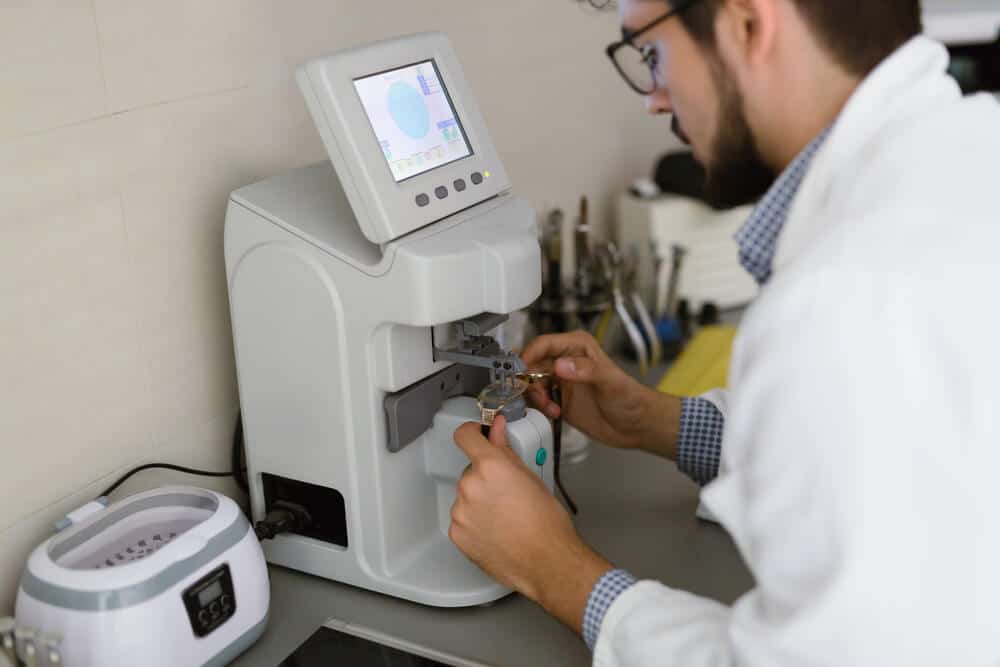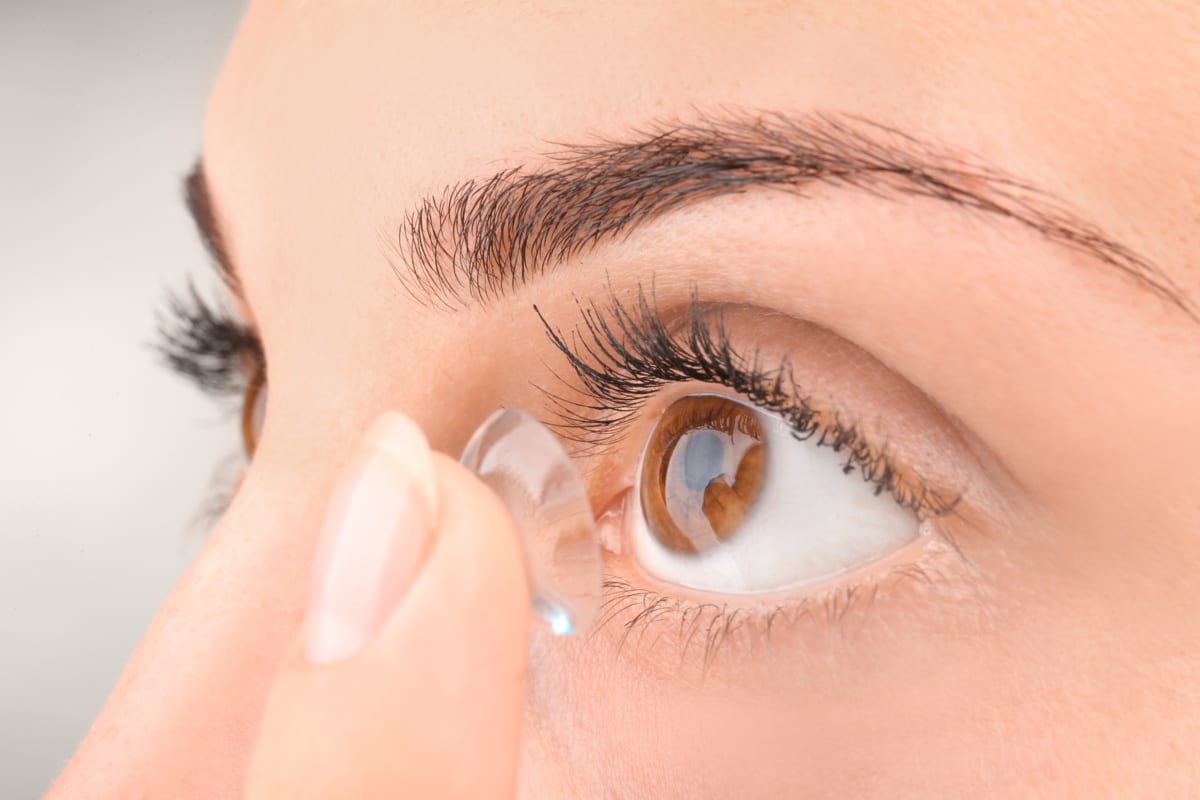It can take a few hours to a few days to adjust to new glasses, depending on the prescription change and how long the individual has worn glasses. Several factors can affect the adjustment period, such as how drastic the difference in the prescription is or if the person’s had eye surgery. If you’re getting ready to get new glasses, here’s what you can expect for an adjustment period.

Change in Prescription
A change in prescription can affect how long it takes to adjust to new glasses. If the new prescription significantly differs from the old one, your eyes, and brain will need time to adapt to the new correction. Here are some ways that a change in prescription can affect the adjustment period:
- If the new prescription is stronger than the old one, adjusting may take longer. Your eyes may need to work harder to see clearly, and you may experience more discomfort or headaches.
- If the new prescription is weaker than the old one, you may adjust more quickly. However, you may also notice that things look smaller or farther away than you’re used to.
- It may take longer to adjust if the new prescription includes astigmatism correction. Astigmatism is when the cornea of the eye is not perfectly round, causing blurry or distorted vision. Correcting astigmatism with glasses requires a different type of lens than correcting nearsightedness or farsightedness, so it may take some time to get used to the new correction.
- If the new glasses have bifocal or progressive lenses, it may take longer to adjust. These lenses have different areas for distance, and near vision, so your eyes and brain need to learn how to use them together.
It’s important to be patient and give yourself time to adapt to the new correction.
Cataract Surgery
Cataract surgery can sometimes make it hard to adjust to new glasses. This is because the surgery involves removing the eye’s cloudy lens and replacing it with an artificial lens implant. The new lens implant has a fixed prescription, so it may not match the prescription of your old glasses.
After cataract surgery, you may need a different prescription than you did before. This can make it challenging to adjust to new glasses, as your eyes and brain need to adapt to the new correction. Some people choose to have multifocal lenses implanted during cataract surgery, which can make it easier to see at different distances without the need for glasses. However, if you do need glasses after surgery, it may take some time to adjust to the new correction.
Cataract surgery can also affect the way your brain processes visual information, which can make it harder to adjust to new eyeglasses. It may take some time for your brain to adapt to the new visual input and learn how to process it efficiently.
What Happens if You’re Struggling to Adjust to New Glasses
If you’re struggling to adjust to new eyeglasses, it’s important to communicate with your eye doctor. They can help you determine the cause of the problem and recommend solutions to improve your vision and comfort.
It can take a few days to a few weeks to adjust to new eyeglasses. If you’re experiencing discomfort or visual distortion, try wearing the glasses for shorter periods and gradually increase the amount of time you wear them. Make sure your new glasses fit properly and are aligned correctly. If the glasses are too tight or too loose, they can cause discomfort or headaches.
Depending on your vision needs, different lens options may be available to improve your vision and comfort. For example, if you have difficulty seeing at different distances, progressive lenses may be a better option than traditional bifocals.
Understanding How Long it Takes to Adjust to New Glasses

It can take you a few days to adjust to your new pair of glasses. In general, it’s important to be patient and give yourself time to adjust to new eyeglasses. If you notice any other issues with your new glasses, it’s a good idea to schedule an appointment with your eye doctor.
If you feel like it’s taking you too long to adjust to new glasses, schedule an appointment today.




